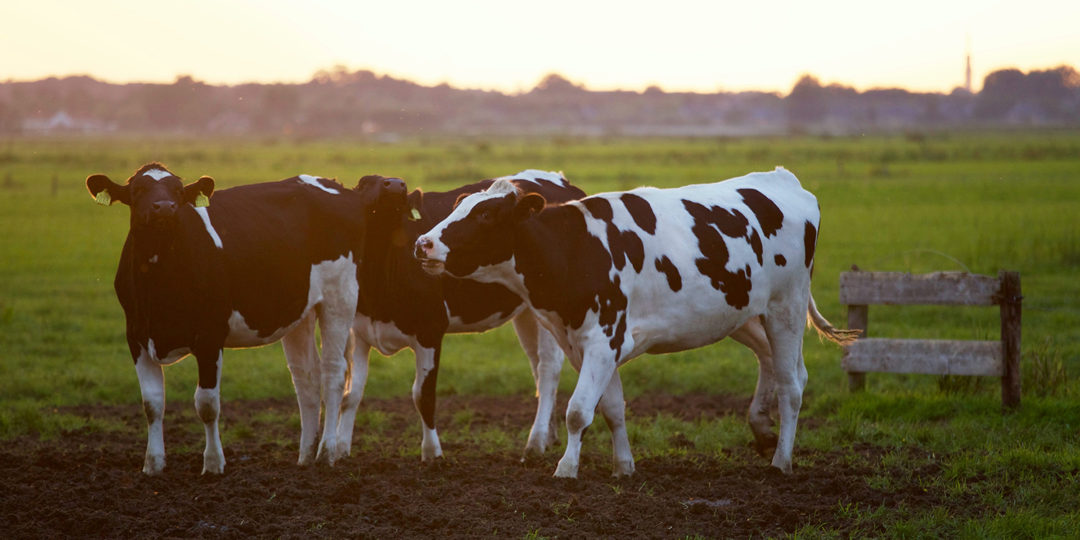Guide to Understanding Farm Depreciation for Your Dairy Farm
- Jun 13, 2023
- By Genske, Mulder & Company
- In Uncategorized
- Comments Off on Guide to Understanding Farm Depreciation for Your Dairy Farm
Farm depreciation is a critical element of farm accounting—a deduction that favorably minimizes taxable income for farmers. According to the IRS, farm depreciation is one of the most significant tax deductions farmers qualify for. This makes it essential for farmers to understand and know how it’s appropriately navigated.
Assets that we buy and intend to use for many years in the future will generally experience a reduction in value, known as depreciation, over time. This is especially true for mechanical assets and farm equipment, such as trucks, tractors, combine harvesters, etc.
Farmers often need to understand this accounting aspect, and confusion about how it works is common. The tax code offers three methods of deducting farm purchases, depreciation, Section 179, and bonus depreciation. Let’s break it down.
Farm Depreciation: Spreading the Cost Over Time
Depreciation allows you to deduct the cost of your assets over their useful lives. It recognizes wear and tear, obsolescence, and deterioration that assets undergo as you use them in farming operations. By spreading the cost of assets over time, depreciation offers a more accurate representation of their value, helping you allocate expenses effectively.
The straight-line method evenly distributes an asset’s cost over its estimated useful life. For instance, if, after an assessment, a certified accountant determines a piece of machinery will be productive for ten years and cost $100,000, the annual depreciation expense would be $10,000.
Section 179: Immediate Expense Deduction
Section 179 lets you deduct the total cost of qualifying assets in the year you placed them into service. This provision benefits smaller farms that make significant purchases in a given tax year. You can minimize your taxable income for that year by deducting the entire asset cost upfront.
The government sets limits to the amount you can deduct. If the limit is $500,000, a farmer who purchases a tractor for $200,000 can deduct the entire amount under Section 179 and reduce their taxable income by $200,000.
In 2023, you can fully deduct up to $1.16 million if the assets you bought cost more than $2.89 million. If you exceed this figure, prepare to reduce your deduction dollar-for-dollar.
The maximum Section 179 deduction typically equals your net farm income and wages. You can carry the excess amount to the next year and deduct it against your farm income that year. Remember that your farm buildings don’t qualify for Section 179.
Bonus Depreciation: Accelerated Deductions
Bonus depreciation allows you to deduct a percentage of the cost of qualifying assets in addition to regular depreciation. The bonus depreciation rate can vary, but it is often higher in the early years of an asset’s life. Bonus depreciation is ideal for new acquisitions and offers significant tax benefits.
Remember that bonus depreciation can result in a net operating loss, which you can carry forward or back two years. Besides, you can select from bonus depreciation on a class-life basis.
It is always helpful to consult with tax professionals to understand the specific rules and ensure compliance with the tax code.
Choosing the Right Method for Your Farm
Consider your circumstances and goals before selecting an ideal method for deducting farm purchases. Smaller farms with limited cash flow may benefit more from Section 179, as it lets you immediately minus the total cost of qualifying assets. This approach offers immediate tax relief and helps with cash flow management.
On the other hand, larger farms with higher taxable incomes may find regular depreciation more beneficial. Spreading the assets’ costs over their useful lives provides a more accurate reflection of their value and help with long-term financial planning.
Farmers also need to consider the assets they are purchasing. Certain assets like equipment and machinery may be eligible for bonus depreciation, providing additional tax savings.
Consulting with a Tax Professional
Given the complexity of farm depreciation, consulting with a tax professional specializing in agricultural taxation is highly recommended. These professionals have the expertise and knowledge to guide you in selecting the most advantageous depreciation method for your specific circumstances.
Contact Genske, Mulder & Company, LLP to get the services of a professional partner and CPA who’ll help you navigate the ever-changing tax laws and regulations that may impact depreciation deductions.

